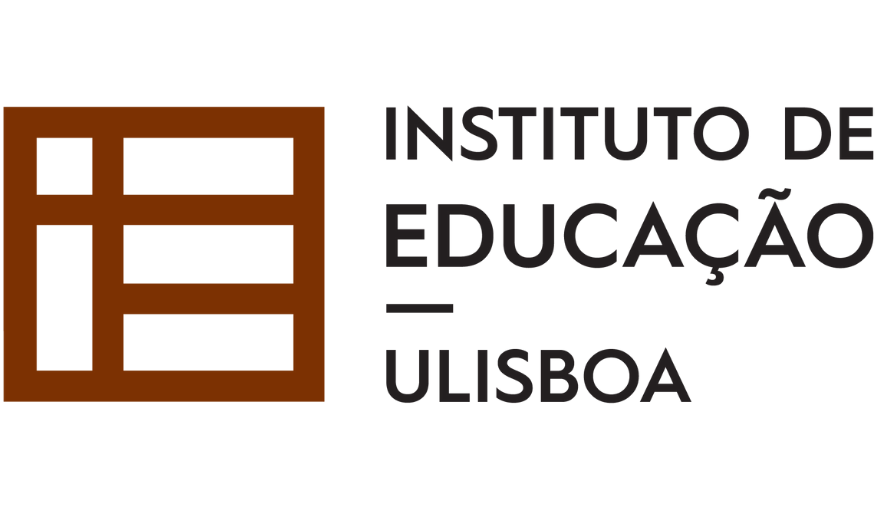iTEC (Innovative Technologies for an Engaging Classroom)
João Filipe Matos
Neuza Pedro
iTEC (Innovative Technologies for an Engaging Classroom) is a four year, large-scale project starting in September 2010, which will bring together policy makers, researchers, technology suppliers, other technology-enhanced learning experts and innovative teachers in order to design, build and comprehensively test scalable learning and teaching scenarios for the future classroom.
The key aim is to develop engaging scenarios for learning in the future classroom that can be validated in a large-scale pilot and be subsequently taken to scale.
With 27 project partners, including 14 Ministries of Education and funding from the European Commission of 9.45 million Euros, iTEC is poised to be a flagship project for the design of the future classroom. The projects outcomes will provide a model for the deployment of technology in support of innovative teaching and learning to guide policy making for all European schools. The potential impact and strategic nature of the project is underlined by the piloting of technology supported scenarios in >1,000 classrooms in 12 countries, making it by some margin the largest pan-European validation of ICT in schools yet undertaken.
iTEC begins with a clear understanding that the starting point for change is current teaching practice and that the pace, drivers and barriers involved in educational policy making in the real world must be appreciated. The project will not only examine how innovative technologies can be deployed but also the underlying change processes that are required.
Scenarios for engaging learning and teaching will be developed incorporating Web 2.0 content and tools to look beyond how schools are currently using learning platforms and build upon the popularity of community driven learning using personal learning spaces created by individuals through interaction with multiple personal online services.
Education specialists working with European Ministries of Education and key suppliers of learning technology will determine how the range of interactive, multi-touch technologies being deployed at large scale in classrooms across Europe, can be successfully integrated with other emerging tools and services to ensure ease of adoption and maximise potential benefits.
An important feature and valuable legacy of the project will be the formation of a new body at European level consisting of key decision shapers in charge of ICT in Education. This body will analyze and provide feedback on the feasibility of iTEC scenarios for the future classroom and be instrumental in ensuring that iTEC designs for the future classroom impact on the educational reform process.
Entidade financiadora: Comissão Europeia | 7th Framework Programme Grant Agreement nº 257566

